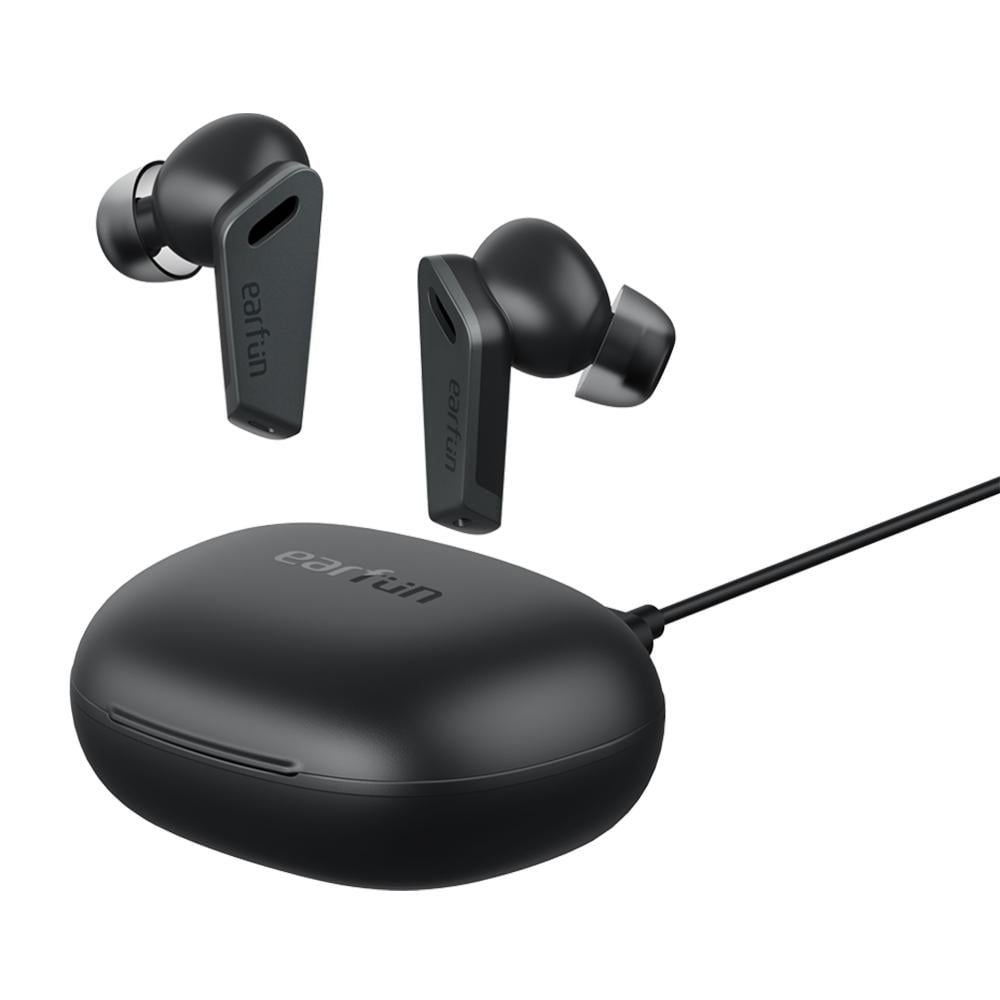The Leadership Summit for Women in Technology will be held on Friday 19th November. You’ll be informed and inspired as industry leaders and role models discuss such as culture and career progression and the future of technology and what it will mean. Julie Bale, CIO for Energy Australia, is one of the Keynote Speakers for the event and here she talks with Suzie Veitch about how she navigated her career path within the tech industry.

Julie Bale joined EnergyAustralia as its Chief Information Officer in June 2019. As part of her role, she ensures EnergyAustralia has the right technology to offer customers the products and services they want, ensuring their information is safe and secure and supporting the efficient running of the business at the same time.
She has over 25 years of international experience across utilities, financial services and telecommunications. She’s held a number of executive roles, leading technology and digital teams which have overseen a number of significant transformation programs.
After finishing Year 12, Bale took a year off with the intention to go to university afterwards, but she ended up taking a different pathway by completing her Undergraduate and Masters degrees sometime later, whilst working at Bendigo Bank.
She started her career as a trainee IT Operator and worked shifts for five years. She started off at the most junior level in the organisation, cleaning the big printers which printed customer bills, to loading tape drives that supported the batch processing. Julie worked her way up within the organisation over the five years she was there until she held a Shift Leader position.
Starting at the bottom gave her the opportunity to learn how every part of the business came together. In the earlier days of IT, the environment was predominantly a manual function, becoming more automated as time progressed.
“Being in the right place at the right time,” she says, “…learning from the ground up, hard work, the right attitude and getting involved … this made all the difference.”
With new opportunities mistakes can occur, but Bale believes they’re part of the learning process. She has a vivid memory from early in her career when she brought the whole mainframe down accidentally during work hours and she was called into the Technology Director’s office – something she never wanted to repeat!
What’s the best piece of career advice you have been given?
From her days of shift work in IT operations, Bale was given some advice she’s never forgotten and she says this still guides her in business today: “Change your mindset and change your life”.
When she received the advice, Bale worked on changing her mindset and she says this has helped her navigate her career more proactively because she’s been open to solving challenges and dealing with difficult situations.
To this day, she maintains that when you’re positive, you see things differently and you’re more open to ideas. She recommends focusing on your mindset – don’t be negative and have a positive demeanour. Without the right mindset, she thinks her career wouldn’t have been as fulfilling and she continues to follow the mantra of “change your mind, change your life”.
Advice for someone new to the tech industry
Bale has some great advice for anyone starting out in tech. She maintains it’s such an exciting industry and technology is so central to any organisation. Her best advice is to ‘lean right in’ and embrace the opportunities that present, and you won’t regret it.
“Working in tech is different every day – it’s exciting and engaging,” she adds. “Gone are the days where technology is the big thing in the corner.”
Recently, Bale was interviewed by Dr Karen Morley on her segment: Leadership Amplified on the topic of ‘diverse leadership creates magic.’ Bale discussed how her experiences of leadership taught her how she didn’t want to lead. Can you expand on this? And what is important to you as a leader?
“I’ve had toxic leaders that have left me lacking confidence, feeling insignificant and devalued,” says Bale. “Those are the negative experiences I place in a different ‘bottle’ – things to never repeat! While those experiences were very painful at the time, it has helped me develop as a leader, and it’s helped me realise that making a person feel the way I felt during those times is not something that I want to do or have anyone else feel.”
Bale says some of the leaders she’s had haven’t brought out the best in her or the organisation as a whole. She adds she’s learnt the personal impact that someone in a more senior position can have on you – whether positive or negative.
But at the same time, she says she’s worked for some amazing leaders and she refers to ‘bottling’ the positives and using them to motivate her and her people. “I believe it’s important for everyone to leave a legacy of positivity and staff who’ve flourished under your leadership,” she adds.
How have you, and what would you say is a key ingredient, in building a high-performance team?
Bale has built a few high-performing teams and she says she believes it’s important to create an environment of trust, which takes time as people get to know each other. “Once there’s trust you can have those difficult conversations – conversations that are two-way conversations – not just the leader speaking,” she says.
“However, it does take time to build trust, it’s not something that you can rush.”
Once trust is built, Julie has found the team will be more open to providing her with feedback. In fact, recently she wasn’t at her best in a team meeting and her team gave her feedback on this and it wasn’t something Julie was proud of. She says she went back and apologised a couple of days later.
“It’s great to have that sort of relationship with your team. Instead of the impacts continuing, they simply let me know,” she says.
‘Energise’ is EnergyAustralia’s new approach to flexible working. Can you tell us about the initiative, and how you and your teams have managed during the pandemic?
Bale says the Energise program is all about creating a workforce of engaged people: “It’s about building our people’s connection with EnergyAustralia, their passion and enthusiasm for their role and the business, so that they’re motivated to do the best work of their careers.”
“Part of Energise is giving our people flexibility. For example, you might wish to take your kids to school or like me, I love to start early. But other people prefer to start later and work later and that’s fine too. The Energise initiative recognises we’re all different and all of that works as long you’re getting your work done,” she says.
Bale says being more open to how and where employees wish to work has changed the way EnergyAustralia recruits new people. For example, previously, a head office employee would have been required to be in Melbourne, but now there’s flexibility around this with people living in country Victoria, Sydney or Queensland.
“The pandemic has resulted in EnergyAustralia introducing initiatives to ensure their employees’ mental health is looked after,” she adds. “They’ve also introduced walking clubs, so people who live nearby can walk or exercise together – and this is not restricted to people in the same team. EnergyAustralia people who have never met will go walking together if they’re in the same area. The pandemic has been brutal when it comes to people’s mental health, particularly not being able to meet in person, so this helps.”
“We also try to have no meeting Fridays to help decompress and close off the current week and prepare for the following week,” she adds.
“EnergyAustralia’s staff are also given two paid ‘Energise’ days per year to be used however they like, to recharge,” she says. “And they’ve also introduced the ability for people to choose their own public holidays. It means that our people who follow different religions for example, can work over Christmas but then take time off for their own religious holidays, without having to use annual leave,” she adds.
In closing, is there a piece of advice you’d like to share?
Answering this, Bale says she’s found that women are not always great at supporting each other. For her, it was when she was working at another organisation around eight years ago that she experienced this firsthand. She was working with another female executive and the relationship wasn’t close and they rarely made the effort to catch up. It wasn’t until they caught up just before Christmas that they started to connect properly and they made time to catch up after this. The result was a trusting relationship, built up over time, and a friendship which endures to this day.
But Bale says this doesn’t happen as often as it should and she would like to see those doors of trust open up between females much more quickly.
“Women really need to support and promote each other in the workplace, in a similar manner that men do,” she adds. “Competing with each other achieves nothing, helping each other is far more fulfilling and sustainable.”
The Leadership Summit for Women in Technology will be held virutally on Friday 19th November on a conference platform. You can find out more by visiting here.
If you’d like to go to the summit, readers of Women Love Tech can get a 20% discount when you use the code: TECH4ME






